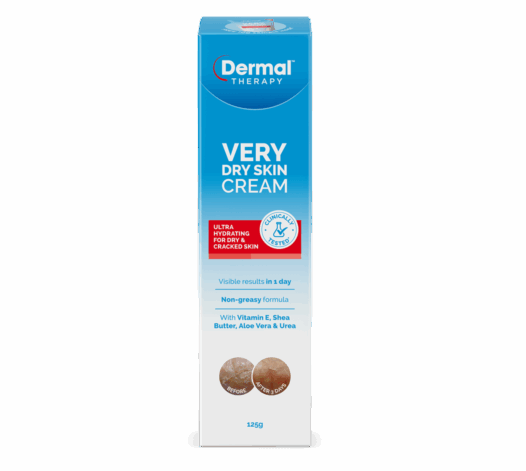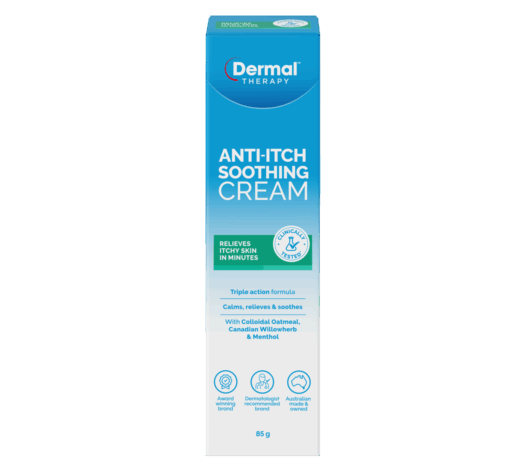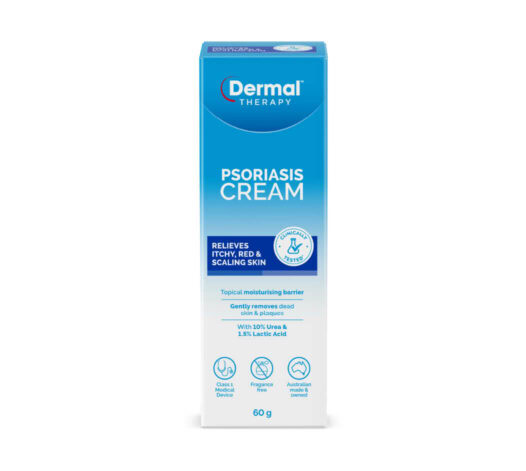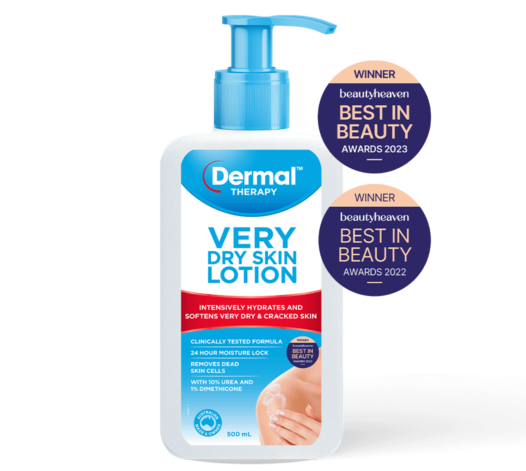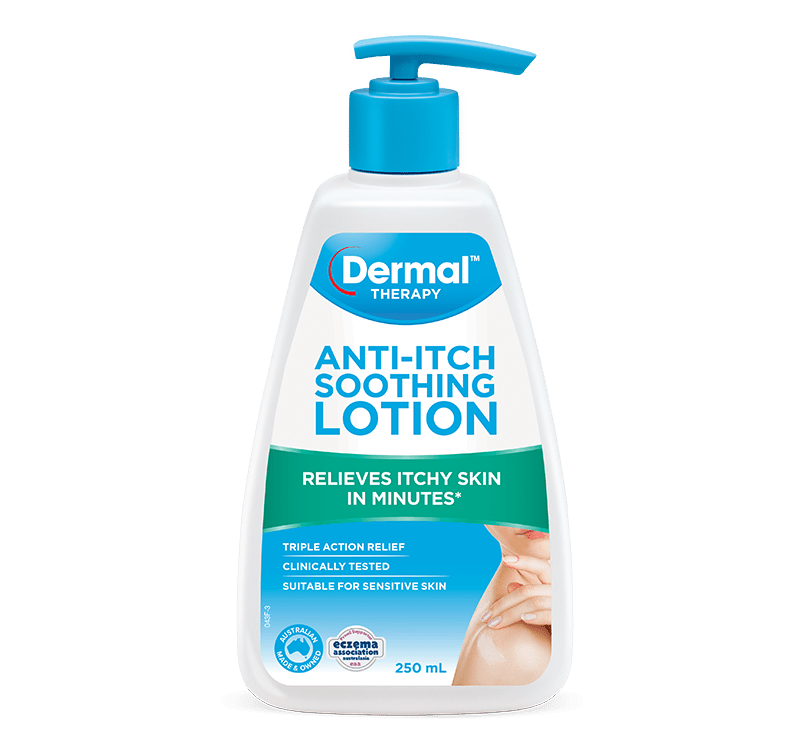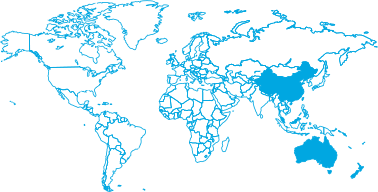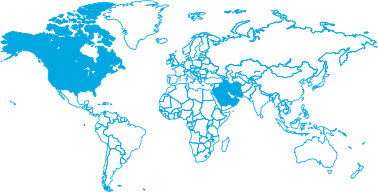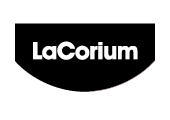Psoriasis in Different Skin Types: Understanding and Caring for Diverse Populations

Area
PsoriasisLiving with psoriasis can take a toll on your self-esteem and daily life. While psoriasis management remains consistent across the board, different skin tone and types may require a different treatment approach.
What is Psoriasis?
Psoriasis is a chronic autoimmune condition characterised by the rapid turnover of skin cells, resulting in the formation of red, scaly patches or plaques. Despite its visible manifestations, it’s essential to understand that psoriasis is not contagious and can be influenced by genetic, environmental, and lifestyle factors.
General Implications of Skin Tone on Psoriasis Management:
Distinguishing psoriasis-affected areas on darker skin tones can be challenging due to varied presentations, often leading to misdiagnosis or the need for differential diagnosis. Research* suggests that certain skin types may respond differently to treatment, influencing the efficacy of long-term management. Additionally, hyperpigmentation associated with psoriasis-related inflammation manifests differently across skin tones, presenting unique diagnostic and management challenges.
Exploring the Types of Psoriasis:
Plaque Psoriasis: Plaque psoriasis, the most common form, presents as raised, red patches covered with silvery scales. These plaques may appear differently across skin tones, with brighter red tones in fair skin and darker or purplish hues in deeper skin tones.
Guttate Psoriasis: Characterised by small, red, dot-like lesions, guttate psoriasis can be less visible in darker skin tones but may cause hyperpigmentation. Proper management includes addressing hyperpigmentation and emphasising sun protection for fair-skinned individuals.
Inverse Psoriasis: Smooth, red patches in skin folds define inverse psoriasis, which may appear more violet or brownish in individuals with deeper skin tones. Managing inverse psoriasis involves moisture-absorbing powders and breathable fabrics to mitigate friction and sweating.
Pustular Psoriasis: White pustules surrounded by red skin characterise pustular psoriasis, with visibility varying across skin tones. Treatment recommendations focus on addressing pustules and post-inflammatory hyperpigmentation, considering the exfoliative quality of certain creams.
Erythrodermic Psoriasis: A rare and severe form, erythrodermic psoriasis causes widespread redness and skin shedding. The intensity of redness may differ across skin tones, with darker skin tones appearing darker. Management involves addressing redness and potential discoloration while considering diverse skin types.
Psoriatic Arthritis: Linked to psoriasis, psoriatic arthritis affects joints and may lead to keloid scarring, particularly in individuals with darker skin. Recommendations include managing joint pain and preventing keloid scarring while accounting for skin colour.
For more information, please visit our Paediatric Infant Psoriasis, Diagnosing the Different Types of Psoriasis, or Identifying Eczema and Psoriasis with Pictures articles.
Dermal Therapy’s Psoriasis Management Regimen
Dermal Therapy offers a range of skincare that effectively helps manage psoriasis, regardless of skin colour, type, or concern.
Psoriasis Cream – This formulation is clinically tested to relieve itching and the redness of skin. It’s completely over-the-counter, and helps exfoliate dead skin cells, as well as preventing transepidermal water loss.
Very Dry Skin Lotion and Cream – The Very Dry Skin range hydrates extremely dry skin, and addresses cracks and roughness with results in as soon as one day.
Very Dry Skin Wash – This wash is designed to cleanse, hydrate and soften very dry skin. It is hypoallergenic, soap and SLS free, plus it won’t strip your skin of natural oils.
Scalp Relief Serum – This is Australia’s first leave-on scalp serum designed to moisturise and soothe dry, irritated scalp in minutes, it is available over the counter, so no prescription is required.
Scalp Relief Shampoo & Conditioner – This is designed to remove dirt and build-up, while hydrating the scalp and conditioning the hair. It helps soothe the itch and remove unsightly flakes, but it won’t leave your hair dry.

Psoriasis in Different Skin Types FAQ
Discover more in our Psoriasis Guides below:
- The ultimate guide to Psoriasis symptom and treatments
- Identifying eczema and psoriasis with pictures
- Paediatric infant psoriasis
- Diagnosing the different types of psoriasis
- Diet Management for Psoriasis Treatment: Facts Over Fiction
- Scalp Psoriasis & Alopecia: Top Ways to Reduce Hair Loss
- The Difference Between Scalp Psoriasis and Dandruff
- What are the Best Creams for Psoriasis?
- What’s The Difference between Eczema vs Psoriasis








